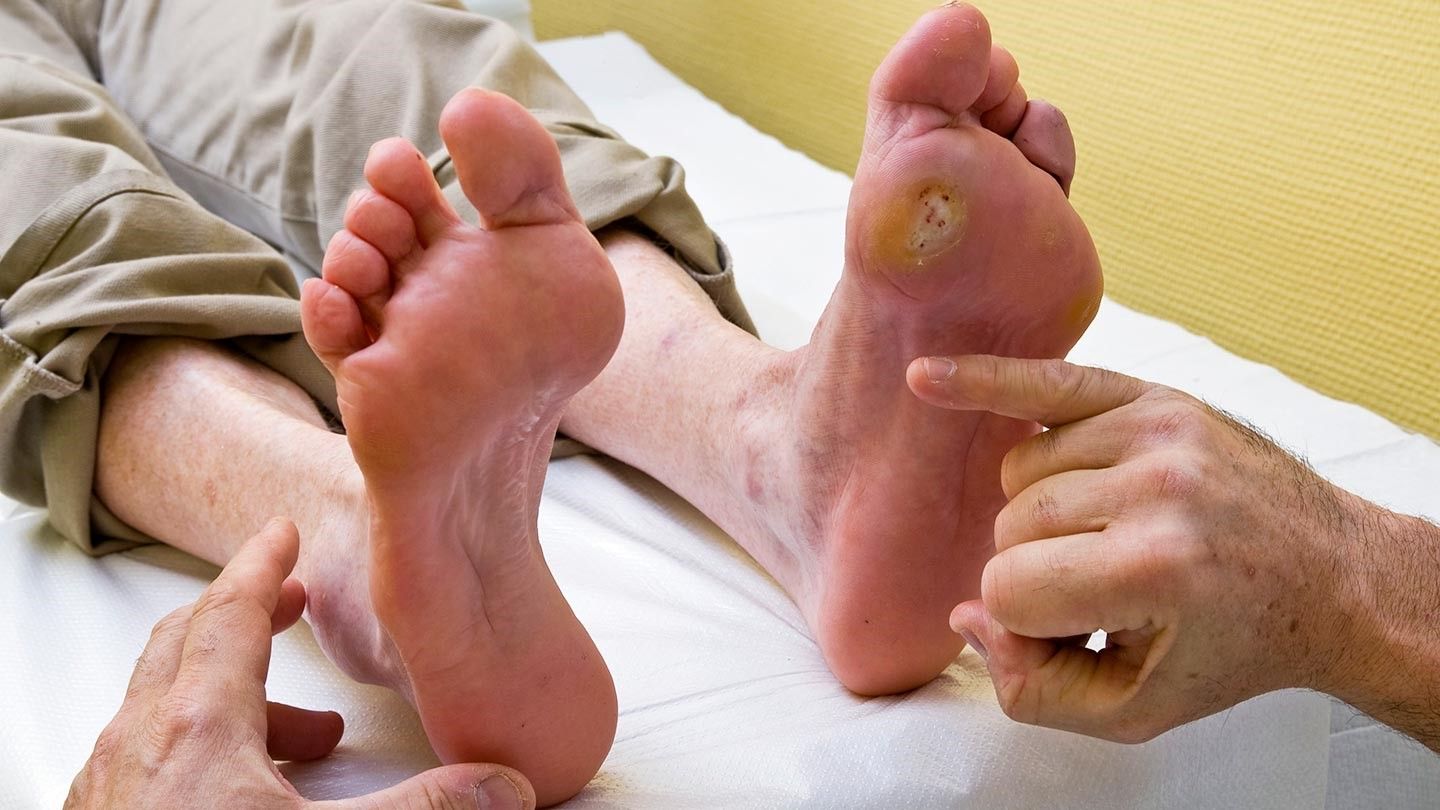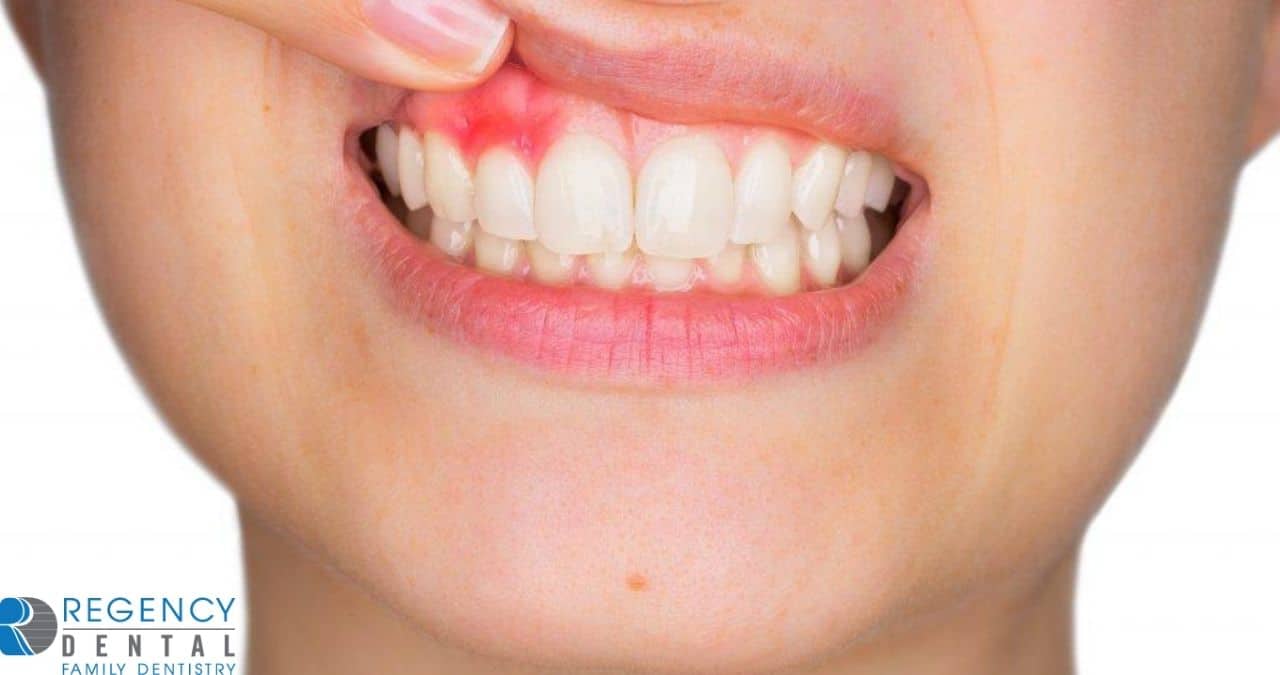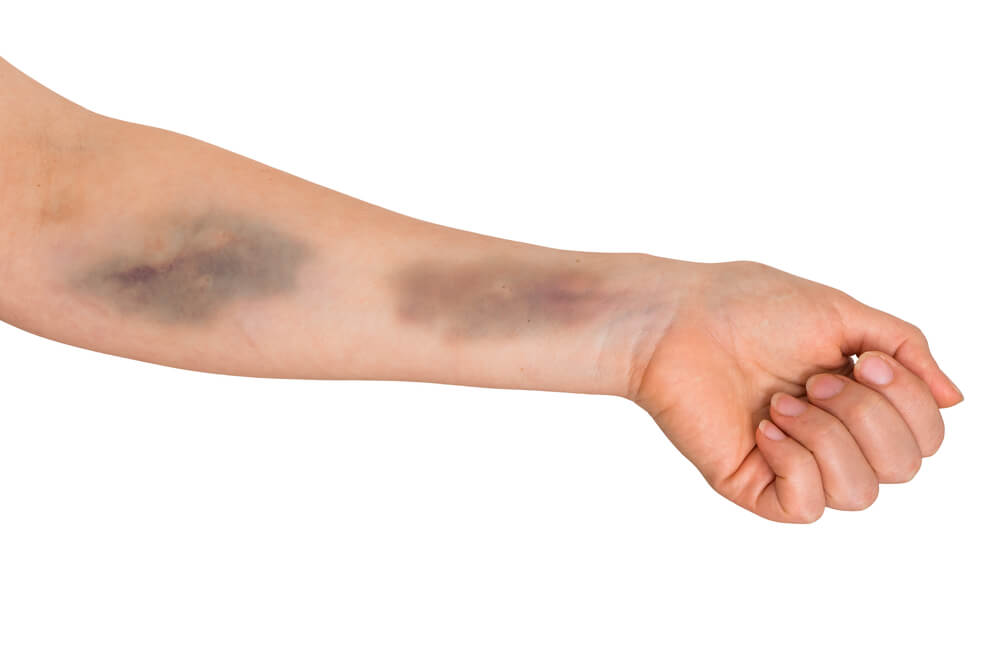Signs and symptoms of vitamin C deficiency: Vitamin C is a water-soluble vitamin that is essential for growth and development. When you eat foods rich in vitamin C, your body breaks down the food into its basic components, including amino acids, which are then absorbed by your bloodstream through your intestines. Once they enter your bloodstream, they travel around your body until they reach their targeted destination, where they are used to build new proteins or repair old ones. Vitamin C is also needed for the formation of collagen, which is a protein used to build connective tissue. Connective tissue includes tendons, ligaments, cartilage, and bone. In addition, vitamin C helps heal wounds faster by supporting the formation of collagen in scar tissue. It also helps form blood vessels and keeps them healthy by preventing damage caused by free radicals. The recommended dietary allowance for vitamin C is 90 milligrams per day for adults 19 years old and older. However, this amount increases to 120 milligrams per day when you're pregnant or breastfeeding. You can meet these daily requirements by eating plenty of fruits and vegetables, particularly citrus fruits like oranges or tangerines, as well as potatoes, broccoli, tomatoes, and peppers. Vitamin C deficiency can cause scurvy, which is characterized by many symptoms. Scurvy is rare in developed countries because it's easy to get enough vitamin C from fruits and vegetables. But if your diet is limited, or you have certain medical conditions, a vitamin C deficiency could develop. The signs and symptoms of a vitamin C deficiency vary depending on the severity of the condition. Let's take a look at some signs that point out this deficiency. Before we proceed, please note that everything mentioned in this video is unbiased, fact-checked, and reviewed by qualified health professionals. With that said, let's jump in and talk about the nine signs and symptoms of vitamin C deficiency.
1, Dry skin.
Dry skin is caused by a lack of lubrication from the epidermis. When this happens, your skin becomes rough and flaky. The main cause of dry skin is a deficiency of vitamin C in the diet. Vitamin C deficiency causes dry skin because it limits the body's ability to form collagen, which is essential for healthy skin. Collagen is needed for maintaining skin elasticity, as well as keeping moisture in your tissues. Because vitamin C is required for collagen production, a deficiency of this nutrient will lead to dry, scaly, and wrinkly skin. The main symptom of dry skin is a feeling of tightness or discomfort when you touch your skin. Even after bathing or showering, your skin may still feel tight and uncomfortably dry for several hours afterward. In severe cases, this feeling can persist for days after bathing or showering. Vitamin C also helps to produce barrier lipids in skin cells, so an adequate amount is necessary to prevent dry skin. This vitamin not only protects against dry skin, but it also helps to prevent sunburn in combination with sunscreen.
2, Slow wound healing.
Vitamin C deficiency causes slow wound healing by boosting immunity and preventing oxidative stress. In addition, vitamin C deficiency also results in slower collagen production, which is a key component of skin tissue. Researchers have found that vitamin C deficiency can lead to slower wound healing time, delayed formation of new skin, and increased risk of infection. A study published in the British Journal of Surgery found that patients who had undergone gastric bypass surgery were at an increased risk for vitamin C deficiency due to their reduced intake of fruits and vegetables. After undergoing gastric bypass surgery, these patients developed slower wound healing due to decreased collagen production and poor circulation in their bodies.
3, Bleeding gums and tooth loss.
Vitamin C deficiency causes bleeding gums, which are red or soft spots. If you notice bleeding gums when you brush or floss, you might also feel pain when you chew or have a sore spot on your tongue. If the deficiency goes untreated for long periods of time, it can lead to tooth loss due to infection or periodontal disease. Another term for bleeding gums is periodontitis, a chronic inflammatory disease that affects the tissues and bone that support the teeth. It's characterized by gum inflammation, which can progress to tooth loss. In its early stages, periodontitis may cause some swelling and redness around your gums but without pain. As it progresses, you'll start to notice changes in your gums. They'll become more swollen and will start to separate from your teeth. If you've liked our video so far, before we move on to the next symptom, don't forget to hit the like button and subscribe to our channel so you never miss out on our new informative videos.
4, frequent bruising.
Vitamin C deficiency can cause bleeding under the skin or blood spots on your skin. It can also cause frequent bruising and nosebleeds. This condition is usually due to an underlying medical problem or poor diet, although it can also occur in people who take certain medications or who have certain liver diseases. This deficiency causes frequent bruising because there's not enough vitamin C in your blood to form new blood cells that replace old ones when they die off naturally. When old blood cells die off, they release hemoglobin, which forms a bruise on the skin when it escapes through tiny blood vessels under the surface of your skin. If you bruise easily, you may need to check your vitamin C levels. Talk to your doctor if this is something you experience often, so you can check your levels. Some studies also suggest that increasing vitamin C intake can reduce extensive bruising.
5, lowered immunity.
Vitamin C is very important for proper immune function. It can even help lessen symptoms of the common cold because it protects the body by creating a defense against pathogens that lead to illness. Vitamin C has been shown to boost immunity by promoting healthy white blood cells, which are the infection fighters that are part of your body's immune system. These white blood cells are needed to fight off infections like colds and flus. People who don't get enough vitamin C may have an increased risk of infection by bacteria called Helicobacter pylori. This is a common cause of stomach ulcers. So if you get sick often or feel a cold coming on, try boosting your vitamin C intake.
6, fatigue.
Fatigue is a common symptom of many vitamin deficiencies, but several studies point to the fact that vitamin C supplements can reduce fatigue. Vitamin C deficiency can cause fatigue because it affects the absorption of iron and folate in the body. Iron helps transport oxygen throughout the body, while folate is necessary for DNA synthesis and cell division. A deficiency in either can lead to anemia, which may cause symptoms like fatigue and pale skin. You can get vitamin C from food sources like citrus fruits, broccoli, bell peppers, and strawberries. Vitamin C supplements are also available over the counter at most medical stores.
7, mood changes.
Vitamin C helps make carnitine, an amino acid that transports fat into cells for energy production. Vitamin C also promotes the synthesis of certain neurotransmitters that affect mood and behavior. Vitamin C deficiency causes mood changes by disrupting neurotransmitter balance in the brain. Neurotransmitters are chemicals that transmit signals between nerve cells in the brain and other parts of the nervous system. When neurotransmitter levels are too high or too low, it can affect mood and cause symptoms such as sadness, anxiety, and irritability. Vitamin C deficiency causes mood changes by affecting serotonin synthesis in the brain. Serotonin is a neurotransmitter associated with feelings of well-being, happiness, and contentment. It also regulates appetite, sleep patterns, and emotions such as anger and sadness. Low levels of serotonin have been associated with anxiety disorders and compulsive behaviors, such as overeating or addiction.
8, Corkscrew hairs.
If you don't get enough vitamin C, your body will start breaking down its own tissues as a source of fuel. This can lead to scurvy if there's not enough vitamin C in the diet. In addition to scurvy, there are other more subtle signs of mild deficiency that might be harder to notice at first glance. One sign of mild deficiency is corkscrew hair. Corkscrew hairs are twisted or curly hair shafts that can be seen under the microscope. These hairs result from a wide range of conditions that alter the structure of the hair shaft or cause temporary changes in hair shape when wetted. Vitamin C deficiency can lead to corkscrew hairs due to a lack of lipids within the hair shafts. These lipids help keep the cuticle smooth so that it lies flat against the cortex. When there are not enough lipids present in the hair shaft cuticle, it won't lie flat against the cortex but instead will curl into a coil shape, like a corkscrew.
9, anemia.
Vitamin C deficiency can result in a number of health problems, but one of the most common manifestations is anemia. Anemia is a condition where your red blood cells do not have enough hemoglobin to carry oxygen throughout your body. Without oxygen, your body's cells die. This causes less oxygen to get from your lungs to your organs, muscles, and other tissues throughout your body. The different types of anemia include iron deficiency anemia, pernicious anemia, and sickle cell anemia. Foods with high vitamin C content: Oranges are one of the most well-known sources of vitamin C. One orange contains about 70 milligrams of vitamin C, which is more than half of what most people need in a day. Oranges make a great snack or addition to salads or other dishes because they have a sweet flavor that makes them easy to consume even in large amounts. Strawberries contain about 50 milligrams of vitamin C per cup, which is twice as much as many other fruits contain per serving size. Strawberries also contain several other key nutrients, such as potassium and fiber, that can improve health if consumed regularly as part of a balanced diet. Other sources of vitamin C include tangerines, berries, and green vegetables like bell peppers and spinach. If you're experiencing the symptoms of vitamin C deficiency, you can ask your doctor for a vitamin C blood test and see if your vitamin intake needs to be supplemented with additional vitamin C. Although this vitamin deficiency is rare in the United States and other developed countries, the risk for deficiency can exist for those at risk. Some of these risk factors include those who avoid fruits and vegetables, drink excessive amounts of alcohol, smoke cigarettes, or suffer from certain medical conditions. No matter what your age or health status, it is important that you consume a well-balanced diet to reduce your chances of vitamin C deficiency symptoms. Enjoyed this video? Hit the like button and subscribe to our channel for more informative videos like this one. Thanks for watching. Your wellness is our mission.








:max_bytes(150000):strip_icc()/anemia-after-surgery-3156852-Final-63c258f51d7846e1b24d870a3b8ea88c.png)
Comments
Post a Comment